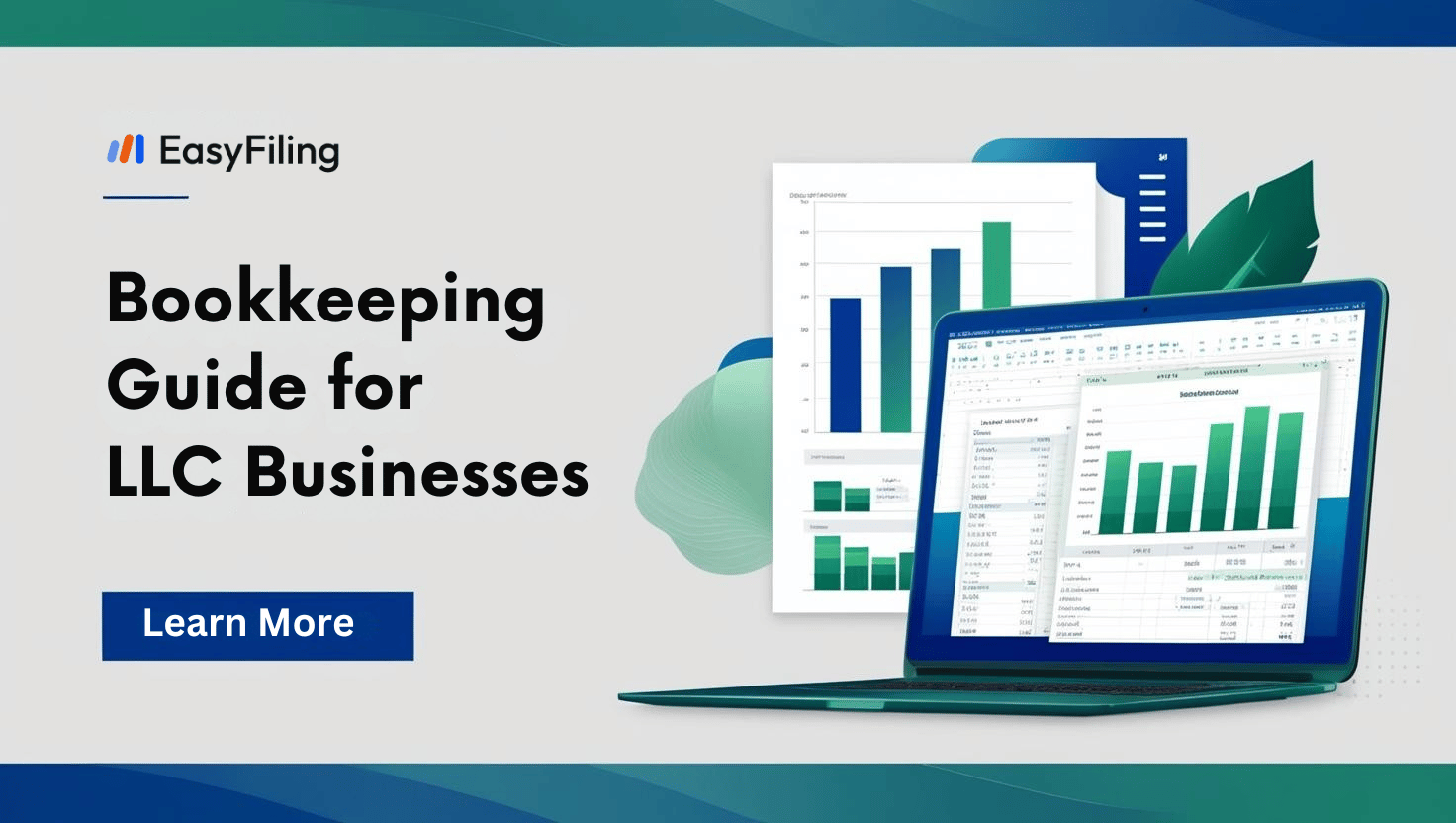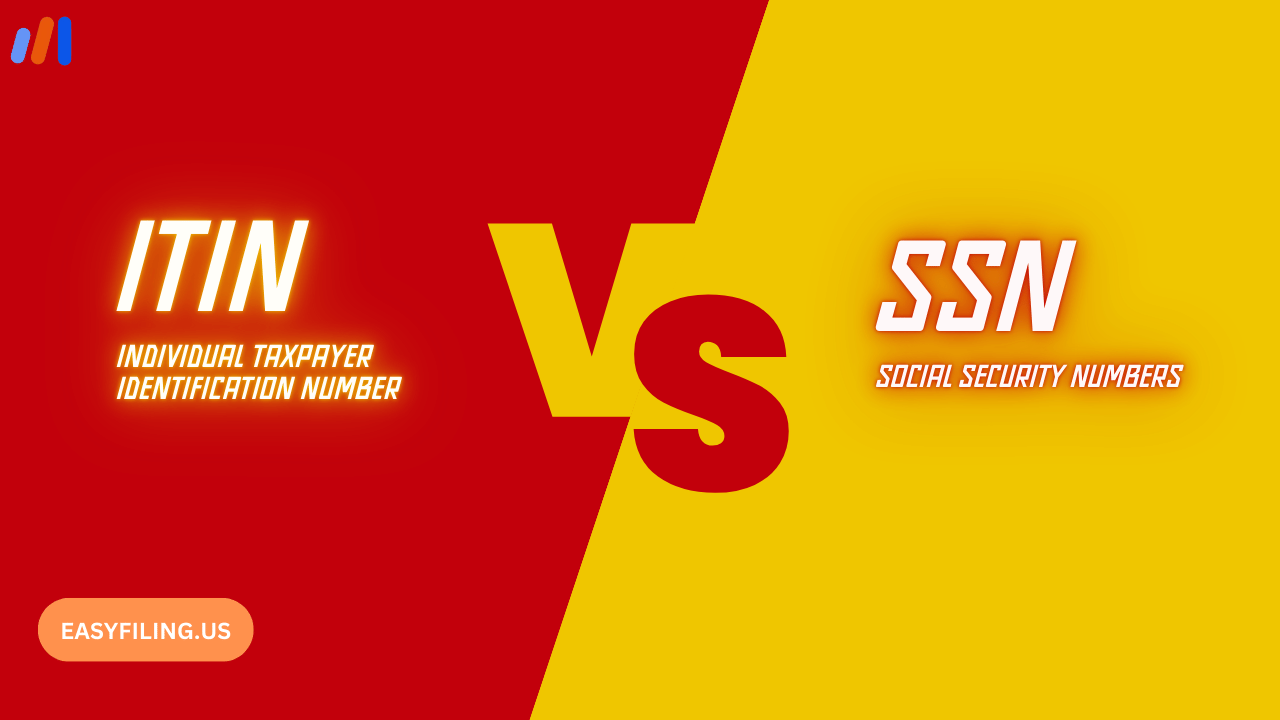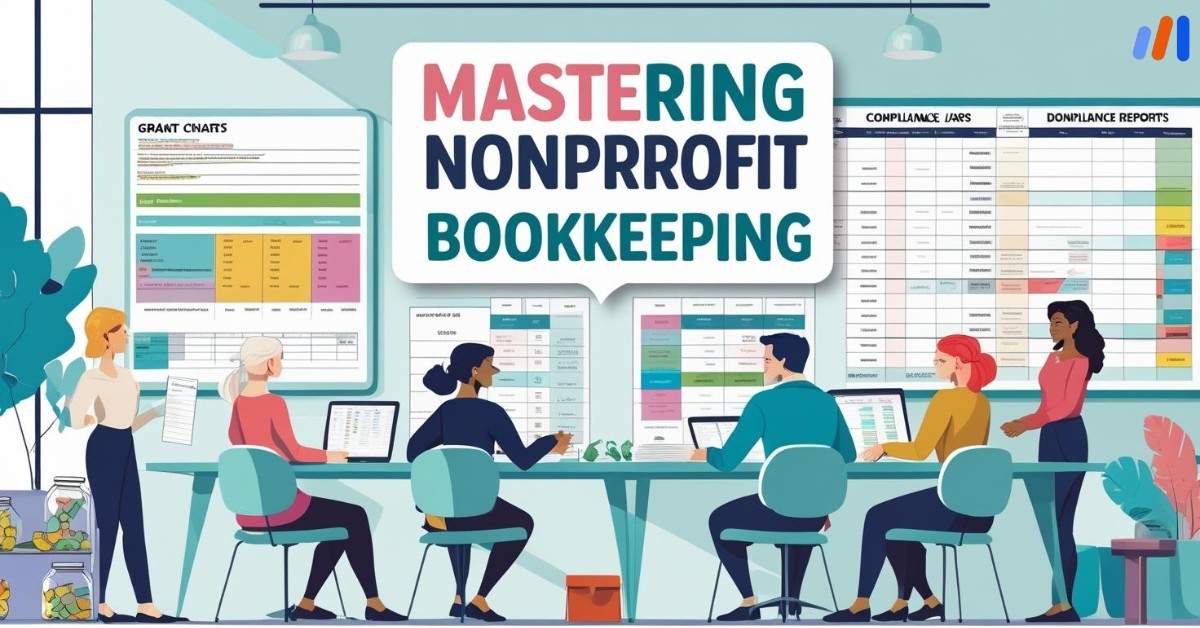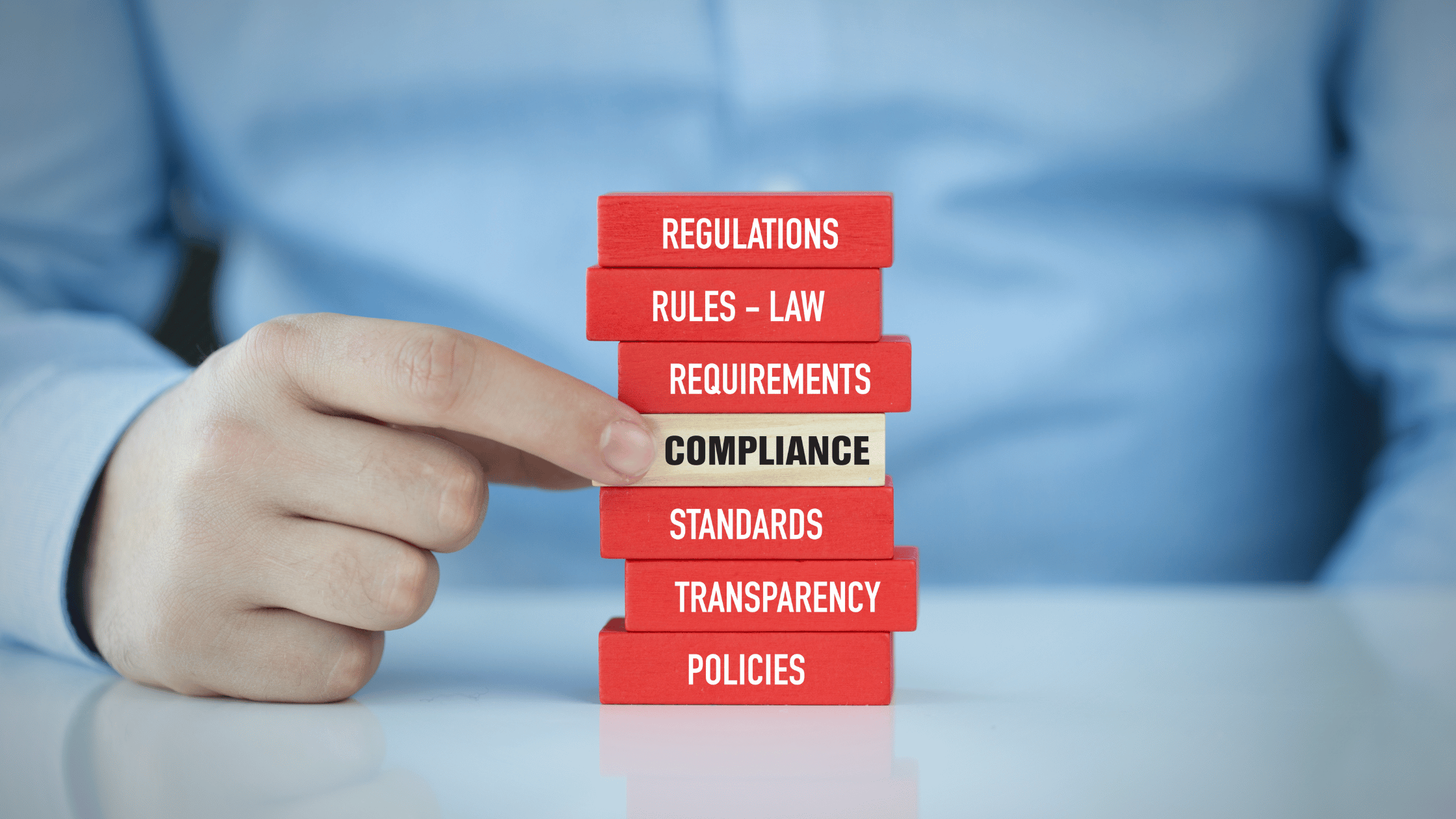The managerial side of a Limited Liability Company (LLC) Bookkeeping is one of the major aspects that has to be dealt with.
This includes meeting compliance with tax obligations while estimating the performance of the business, and it also ensures that the LLC is well-equipped in case there is an audit.
Accurate and detailed financial records are critical to the business regardless of whether you are a single-member LLC or a multi-member LLC.
This guide aims to provide general tips and techniques for bookkeeping for LLCs such as best practices, significant key financial records, and significant bookkeeping strategies and methods.
Understanding Bookkeeping for LLCs
As a result of bookkeeping, all financial activities conducted by a company are captured so that comprehensive financial statements can be prepared. As opposed to corporations, LLCs do not have a single tax structure, which makes bookkeeping essential for the allocation of profit shares and tax responsibilities.
Key Components of LLC Bookkeeping

While bookkeeping bookkeeping is made simple by breaking the lean into two primary components, income and expense tracking, and bank reconciliations. All business activities, from revenue generation to expenditures, should be captured.
Tax Compliance: It is extremely important to manage deductible expenses throughout the year and in the end submit the taxes for filing.
Financial Reporting: Statistical documents including profit/loss accounts, balance sheets, and cash flows are also known as financial statements.
Manages Payrolls: Whenever employees are paid wages, taxes are deducted and held until they are to be used/claimed.
Set budgets: Predicting future growth and improving planning of the expenses of the business to maximize is also termed as budgeting.
Choosing a Bookkeeping Method
Cash Basis Accounting
- Revenue is acknowledged only once cash is received, and expenses are only registered after they have been paid.
- Widely used and understood by smaller companies.
- Best for LLCs that do not deal with complex financial transactions.
Accrual Basis Accounting
- Recognizes revenue when earned and expenses when incurred, regardless of cash flow.
- Required for larger LLCs or those maintaining inventory.
- Provides a more accurate financial picture.
- Helps in better long-term financial planning.
Essential Bookkeeping Records for LLCs
Invoices/Receipts: Support documentation for expenses and profits.
Employee Payroll Records: For wages paid, accompanied benefits, and tax removals.
Tax Papers: Sales deductibles, income tax returns, and other relevant documentation.
Credit or Business Loan: Business outline about loans taken or credit lines offered.
Business Deals: Contracts with clients or vendors, and suppliers.
Statements from the Bank: Monthy statements provided for verification of transactions.
Asset Record: Documentation about the assets of the business like machinery, office assets, vehicles, etc.
Setting Up a Bookkeeping System
Bookkeeping is one of the important activities to ensure that a business is operating in compliance with set regulations, and it aids in effective decision-making. A well-maintained bookkeeping system enables a business to monitor revenues and expenditures, control cash flow, and prepare for taxation. If you want to enhance bookkeeping, consider the following steps:
1. Create a New Business Bank Account
For smooth bookkeeping, it is important to separate personal and business finances. Here are some pointers to consider when narrowing down on the most suitable structure to meet your needs:
Transaction Monitoring: Operating with a dedicated business account helps in the tracking of cash flow for income and expenditures for the business to avoid mistakes and misunderstandings.
Tax Return Preparation: Tax preparation becomes easy and efficient with minimal chances of mistakes when all business transactions are recorded in one account as every business expense translates to a business tax deductible expense.
Increased Business Reliability: With a business account, there is more professionalism and credibility when dealing with clients, suppliers, and financial institutions.
Legal Safety: LLCs and corporations are required to keep separate business and personal accounts to maintain the attached limited liability status to protect personal wealth from business obligations.
Better Financial Control: A separate business account eases the integration of bookkeeping software for easier reconciliation.
2. Use Bookkeeping Software
Bookkeeping has never been easier, but like everything else, it is not free from errors. Choosing to invest in bookkeeping software can help to automate the financial tracking process. There is a lot of bookkeeping software available, the most popular ones are:
Easy Books: This software is one of the most used. It provides invoicing, payroll, and tax preparation features.
Xero: This accounting software is cloud-based and very friendly for small companies. It is helpful as it integrates with third-party apps and produces real-time financial reports.
Wave: A free accounting tools provider focusing on freelancers and small businesses.
FreshBooks: Best for service-oriented companies as it has expense tracking, invoicing, and project management.
Zoho Books: It has automation features for affordable online bookkeeping.
3. Categorize Expenses Correctly
Classifying the general expenses to enhance the financial reports and tax claims is very important, and these are some of the classifications everyone should make:
Operating Expenses: Payroll, rent, office supplies, and utilities.
Marketing and Advertising: Digital ads, the website, and promotional materials.
Professional Services: Legal services, accounting, and consulting services.
Travel and Transportation: Fuel for business travel, transportation for businesses, and vehicle servicing.
Equipment and Software: Software subscriptions, computers, and office equipment purchasing.
Taxes and Licenses: Business fee government, registration, permits, and various business registration fees.
4. Implement a Consistent Recording Schedule
An entry backlog will pile up with discrepancies that need to be handled and can only be avoided if financial transactions are recorded consistently. This can be achieved through a disciplined recording schedule.
Daily or Weekly Entries: Financial transactions should be updated regularly checking for lacking any updates. This helps stay error-free.
Monthly Reconciliations: Transactions that were recorded should be double-checked with the bank statements. Look for missing transactions.
Quarterly Financial Reviews: Statistics and performance results should be evaluated well as they give the context of income and expenses.
Set Reminders: To remain on top of filing financial updates, automated alerts can be useful.
5. Keep Digital and Physical Copies of Records
Organized financial records are essential for audits, compliance, and history. The best practices comprise:
Digital Storage: Invoices, receipts, and financial reports files should be stored in the cloud for security purposes on platforms such as Google Drive, OneDrive, or Dropbox.
Physical Backups: Important hard documents including contracts, tax returns, and legal agreements should be stored safely.
Retaining Policy: By tax authorities, financial records should be kept for a minimum of five years to a maximum of seven years.
Automated Backups: Data loss can be prevented from technical breakdowns through the use of bookkeeping software that has automated backup options.
Tax Considerations for LLCs
Before diving into filing taxes, it’s crucial to remember how you decided to set up your LLC as it impacts bookkeeping. As a part of an LLC, here are a few things to keep in mind:
Self-Employment Tax: In the case of being a single member, the income gets reported through Schedule C, Self-Employment Tax is applicable. The mode of filing taxes for a multi-member LLC differs. Multi-member LLCs would need to File Form 1065 & Issue K-1 Forms to members.
Partnership Taxation: Unlike single members of an LLC, multi-member LLCs have to take a more elaborate step to pay self-employment tax as it would also require filing Form 1065 along with Form K-1 for each member.
Deductions: The “home office write-off” is very popular, however, other expenses like business trips, meals, and using a car for work also help to bulk up taxes.
Sales Tax: If the LLC sells products, consider sales tax compliance, which necessitates registration, collection, and remitting taxes and other sales tax returns.
Tax Payments: In terms of athlete LLC owners, taxes should be paid during the year rather than waiting for the end, or the use of quarterly payments is also viable.
Common Bookkeeping Mistakes to Avoid
Combining Business with Personal Expenses: Savings accounts and bank accounts should never mix to avoid issues concerning taxation and law.
Neglecting the Minor Details: Paying attention to minor details is always beneficial. As a whole, everything significantly alters the fiscal statements.
Accounts not being Kept in Check: Withstood fraud and assets need conscious attention to income statements and balance sheets.
Outdated Accounts: Being constantly late on servicing taxes can lead to the danger of accruing unwanted penalties.
Papers getting Lost: Always ensure important documents are kept digitally to prevent loss.
Payments Being Ignored: On the other side of the skirt sending reminders for invoices that were never received or paid to vendors.
Neglecting Financial Statement Reviews: Conducting regular reviews of the financial statements tends to improve the trend-spotting and even decision-making activities.
Hiring a Bookkeeper Vs DIY Book Keeping
Most of the owners of LLCs are often torn between asking whether they ought to perform bookkeeping on their own or outsource it. Here is a breakdown:
DIY Bookkeeping
- It is suitable for small LLCs with low-volume transactions.
- Does not incur additional costs.
- Time and knowledge of accounting principles are a necessity.
- Tailored for individuals who use bookkeeping programs competently.
Hiring a Bookkeeper
- Time-saving and guarantees accurate record keeping.
- Very useful for LLCs that have many transactions or different lines of business.
- A tax savings strategy can be provided by a professional bookkeeper.
How EasyFiling Helps With LLC Bookkeeping
Trying to handle bookkeeping by yourself can be exhausting, especially when it comes to abiding tax obligations. This is why EasyFiling LLC Bookkeeping services are created. Read on to understand how EasyFiling will assist you:
Automated Bookkeeping Solutions: EasyFiling will assist in capturing every single transaction done and help with financial reports using the latest technology.
Expert Assistance: EasyFiling ensures that all records are kept and all taxation matters are taken care of without any misses.
Custom-Tailored Financial Reports: Get financial reports that detail the performance of your business and enable you to strategize on future growth.
Tax Preparation Support: Be and remain prepared for tax seasons with structured financial records never forgetting tax hints incorporated.
Ongoing Compliance Management: Keep your LLC in good standing and compliant with the oversight and management of legal requirements to mitigate penalties and audits.
These steps taken by EasyFiling would enable you to focus on growing your business while your accounting needs are taken care of timely and accurate.
Conclusion
For every LLC owner, every decision made stems from financial statements, and having unqualified bookkeeping can result in unmanaged tax obligations on top of other complications that may arise.
Well-developed bookkeeping systems for storing unstructured data guarantee quality, accounting, and organization will lead to orderly maintenance of the firm’s finances and LC stability.
If keeping track of financial records seems too daunting, you may want to consider hiring a professional bookkeeper or accountant to take care of your LLC’s records. Money spent on bookkeeping can be worthwhile as it often saves time, reduces mistakes, and yields important financial information to help grow your business.
At EasyFiling, we would like to assist you with the bookkeeping needs of your LLC so that you can focus on other important aspects of your business.
File Your LLC Today
25$ off with a coupon
Lock in EasyFiling's transparent rates and get lifetime compliance support at no extra cost.
Get Started Now








